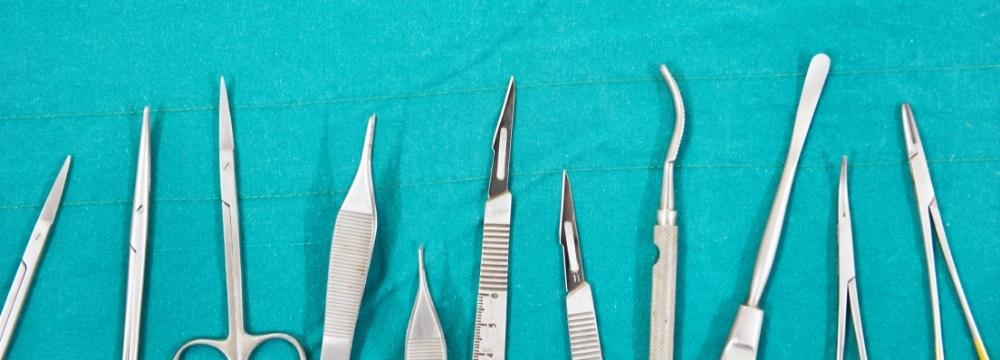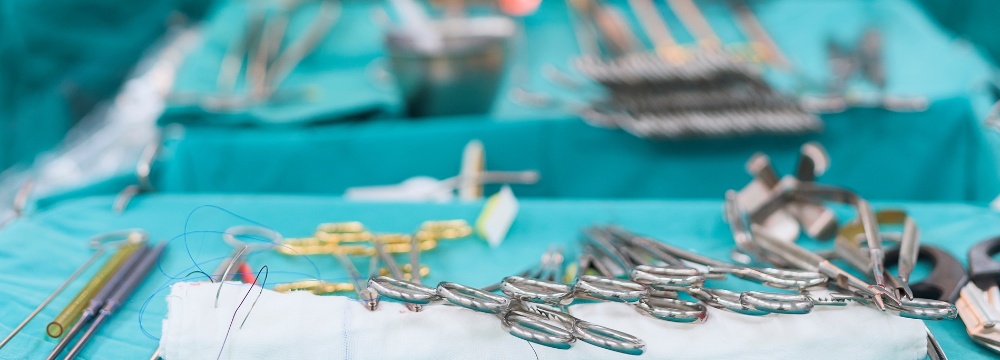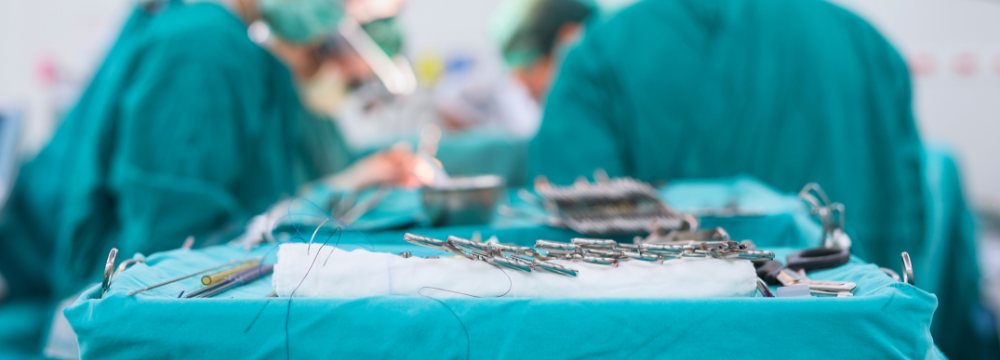Bariatric Surgery

You might be five or even ten years out from bariatric surgery, and you may not maintain your weight loss as you had hoped. Of course, this can be distressing, and there is no shortage of horror stories on the Internet to make you feel even worse. However, before you panic, it is essential to understand why you may be gaining weight and what you can do about it. Further, you may have heard that revision or conversion bariatric surgery may be an option, but is now the time to consider that route, or are there other options to pursue before then?
Why Might You Be Gaining Weight?
Weight regain after bariatric surgery falls into one of two main categories.
First is the normal weight regain associated with extended time after surgery. You should expect some weight regain after a while of being stable at your goal weight. It’s important to understand that you cannot maintain the immediate postop diet for years and years after surgery. Eventually, you will begin to liberalize your diet and exercise routines, and consequently, you will regain some weight. This regain is not concerning and represents normalization in your life. That said, rapid weight regain, yo-yoing, or gaining more than five or 10% of your lost weight could be problematic, so stay in touch with your bariatric practice and maintain your annual post-op visit schedule.
Second is the weight regain due to the procedure no longer offering the restriction it once did. For a Lap-Band, this may involve slippage or erosion of the band. For a gastric bypass, this could mean dilation of the pouch or stoma; a gastric sleeve could be stretching the stomach. In each case, this is usually determined through a process of elimination. We will start by evaluating your diet and exercise habits to see if they might contribute to your weight regain. Once those lifestyle issues have been ruled out, we can examine the procedure.
It is worth noting that the Lap-Band has inherent shortcomings that result in complications more often than stapled procedures. If you have a band and are experiencing difficulties, you should see an experienced revision bariatric surgeon as soon as possible. Otherwise, most complications associated with stretching a stapled procedure revolve around lifestyle, so you should only consider a revision if you are ready and willing to recommit to your diet and exercise program long-term.
Should I Have My Lab Removed if I Have No Symptoms?
While the Lap-Band has a higher risk of complications, if you are not experiencing any of these signs of failure and are maintaining a good weight, we don’t typically suggest removing your band. However, if you are not achieving the weight loss you expect, or if the band is no longer giving you the restriction needed to maintain your weight loss goals, you may consider converting it to a stapled procedure. Learn more about how we convert a Lap-Band here.
The Process Toward a Bariatric Revision or Conversion
Regardless of where or when you’ve had your primary bariatric surgery, you can rely on MIIS, Dr. Huguet, and Dr. Peterson to honestly assess whether a revision is right for you. As with any patient considering a follow-up bariatric procedure, we will begin with a complete nutritional and exercise analysis to rule out any possible lifestyle issues contributing to the weight regain. If your diet and exercise program is not conducive to your long-term goals, you can work with Kelly, our nurse, and pursue our non-surgical medical weight loss program that could help get you back on track. Using a combination of medications and diet and exercise plans, we can typically restart a stalled weight loss program with excellent results in just a few weeks.
If lifestyle issues are ruled out, and you are a candidate for a revision or conversion, you will meet with one of our surgeons and discuss the benefits and risks of your circumstance. Typically, a revision bariatric procedure represents greater surgical risk than primary surgery. This is because there are potential complications from the scar tissue that has inevitably formed from your previous surgery. This added risk is somewhat offset by the fact that you have likely lost a significant amount of weight and have improved your overall health status, despite the regain. Regardless, we will need to do a complete preoperative workup to ensure that your vital organs are up for another anesthesia event and the trauma associated with the surgical procedure,
What Can You Expect?
Revising or converting just about any bariatric procedure is possible and usually results in excellent weight loss. Of course, the basic principle of bariatric surgery still applies in that you will not reach your potential if you do not follow the dietary and exercise requirements as laid out by our practice. Fortunately, most patients pursuing a conversion or revision understand that lack of compliance after their primary surgery likely contributed to their weight regain. They are more motivated than ever to return to when they were feeling good and hitting their goals.
Just as significantly choosing a highly skilled and experienced bariatric surgeon that performs revisions and conversions regularly can mitigate many of the risks of this follow-up surgery while increasing the likelihood of an excellent long-term result.









